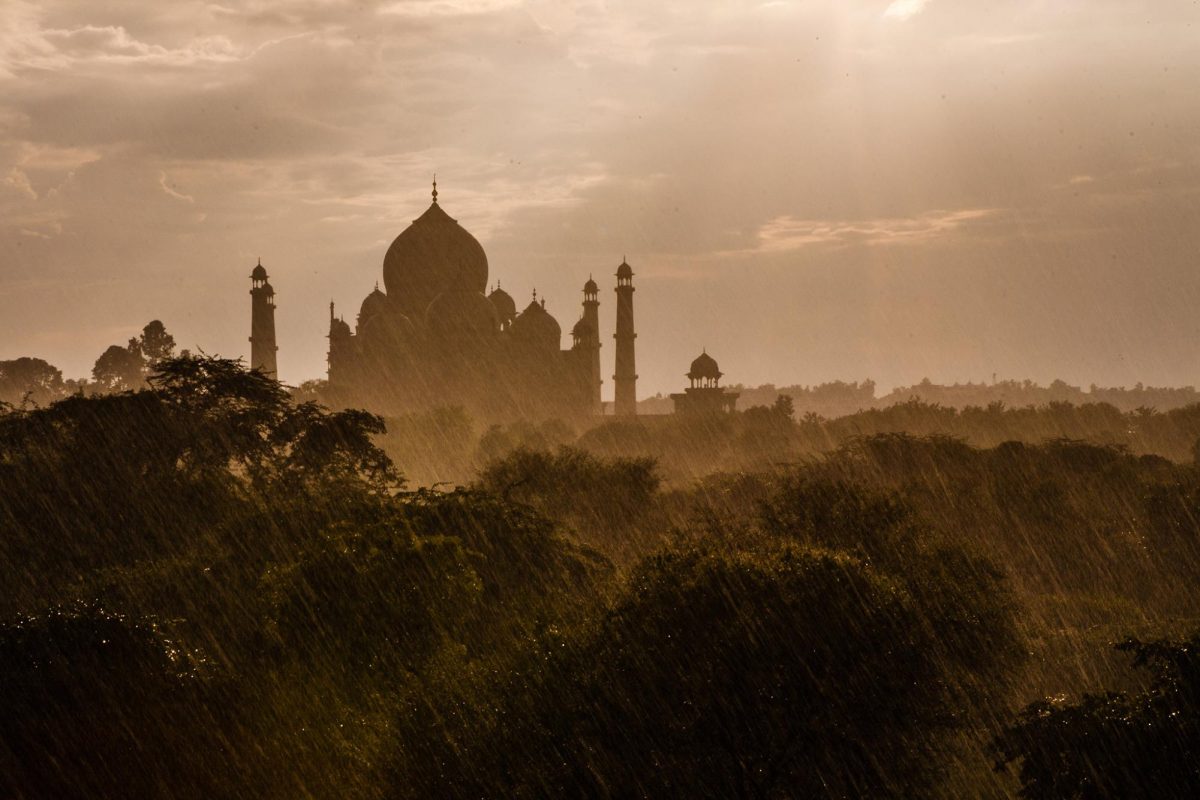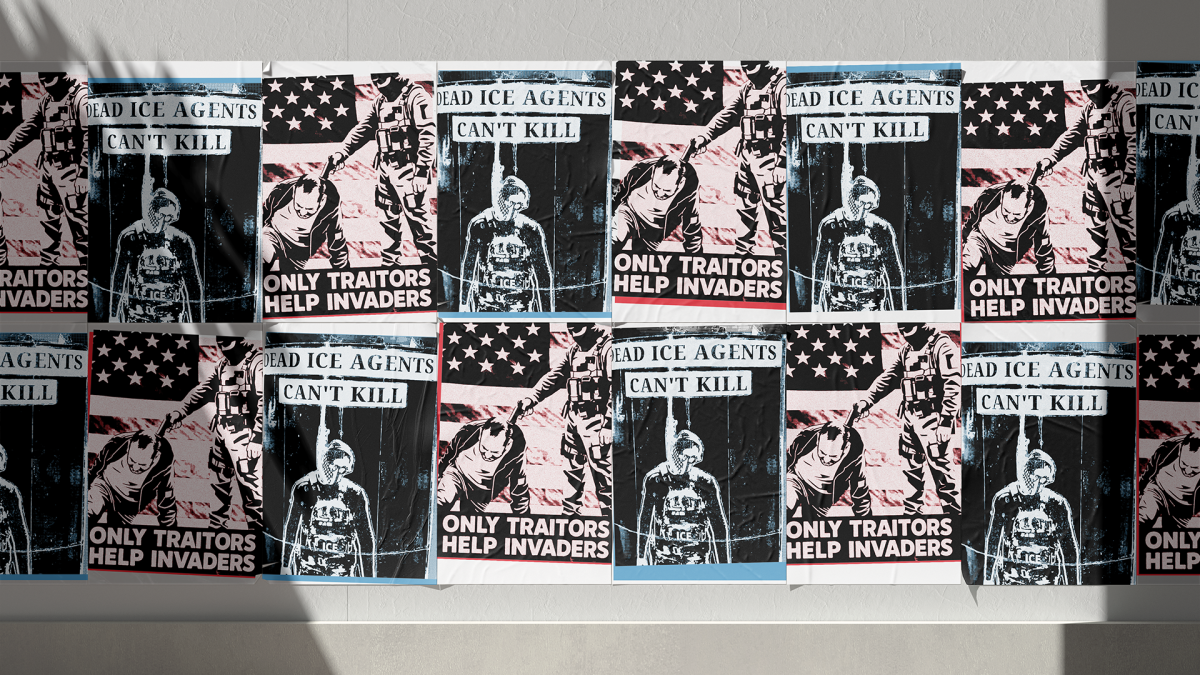To many, former National Security Advisor and Secretary of State Henry Kissinger is the classic example of a “statesman.” He is responsible for extending the policy of détente, which led to relaxing tensions between the U.S. and the Soviet Union during the Cold War.
Following the death of Kissinger on Nov. 29, the mainstream media flooded the internet with obituaries and columns praising his legacy. Outlets like the Associated Press referred to the controversies surrounding his legacy but neglected going into depth about them.
However, it is these controversies that truly shape Kissinger’s legacy.
Kissinger became national security advisor to Nixon in 1969 and secretary of state in 1973, proceeding the Watergate scandal. Greg Grandin, historian at Yale University, predicted that that he was directly responsible for three to four million deaths in his book “Kissinger’s Shadow.” Kissinger believed that all of these deaths were in the interest of American foreign policy.
During the Vietnam War, Nixon became desperate as there was no end in sight. The communists were winning, and out of this desperation came the push by Kissinger to carpet bomb both North Vietnam and Cambodia.
Get The Daily Illini in your inbox!
Then, in 1969, Kissinger personally approved 3,875 air raids which dropped some 540,000 tons of bombs on Cambodia — all of which was done secretly without the knowledge of Congress.
From 1965-1973, over 2.75 million tons of bombs were dropped, which is more than all the bombs dropped by the Allies in World War II.
Carpet bombs don’t make distinctions between civilians and enemy combatants. As a result, an estimated 150,000 died from the bombs. To this day, Cambodia is a minefield with undetonated bombs killing people regularly.
For his actions, Kissinger was awarded the 1973 Nobel Peace Prize for “ending the war.” Ironically, it was Kissinger who most likely extended the war when he sabotaged peace talks to help Nixon win the presidency.
In 1968, Kissinger leaked to Nixon that President Lyndon B. Johnson was attempting to end the war through peace talks with the Soviets and North Vietnam. Nixon, fearing that an end to the war meant he would lose the presidency, used South Vietnamese connections to convince President Nguyễn Văn Thiệu that America was going to sell them out in the talks. This resulted in Thiệu dragging his feet, causing the talks to fall apart.
Vietnam was just one of Kissinger’s many political calculations, causing the deaths of thousands simply so he could retain more power.
However, the atrocities caused by Kissinger extend beyond his time in the Vietnam War. He was also responsible for many Latin American coups, such as commanding the CIA to destabilize Chile, installing the brutal dictator Augusto Pinochet.
Additionally, in 1975, Kissinger provided arms to Indonesian forces invading East Timor to overthrow the communist government, leading to over 200,000 deaths.
There are many more examples of Kissinger bringing brutality to other countries all in the name of containing communism and making America a great global power. But how come this is rarely mentioned in mainstream media?
The legacy of powerful American politicians often reflects the legacy of America itself, as the actions the politicians take are representative of the U.S. The media will attempt to whitewash this legacy to make Americans feel as if the U.S. is still the world police, the good guys.
However, we need to look past this propaganda and recognize Kissinger and America as what it is.
Kissinger is not someone that we should look to and respect. He is not someone to aspire to be like. He is not one of America’s great leaders, despite what the media will tell you in the coming weeks.
He is a war criminal that will never receive justice and convinced America he was worth celebrating in death.
Grayson is a freshman in LAS.











